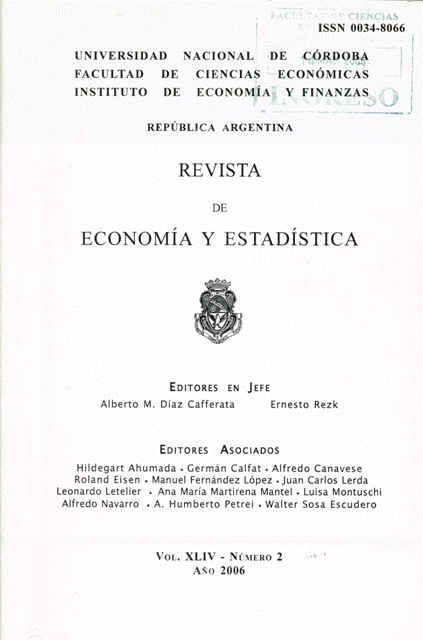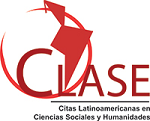Diseño de un experimento de preferencias declaradas para la elección de modo de transporte urbano de pasajeros
DOI:
https://doi.org/10.55444/2451.7321.2006.v44.n2.3832Keywords:
preferencias declaradas, diseño experimental, modelos de elección discreta, estimación y pronósticos de demanda de transporte urbano, valor de los ahorros de tiempoAbstract
El estudio desarrolla el diseño de un experimento de elección de preferencias declaradas con el que se confeccionan los formularios de encuesta para realizar la estimación de demanda de viajes en el transporte urbano con un modelo logit binario. El modelo se estima a partir de una encuesta piloto, se calculan el valor de los ahorros de tiempo de viaje y espera de los usuarios de taxi/remis y ómnibus en la Ciudad de Córdoba; las elasticidades de demanda de cada uno los modos y se realizan pronósticos de la cuota de mercado en un análisis de escenarios de política.
Downloads
Downloads
Published
Issue
Section
License
Copyright (c) 2006 Juan José Pompilio Sartori

This work is licensed under a Creative Commons Attribution-NonCommercial-NoDerivatives 4.0 International License.
Authors who have publications with this journal agree to the following terms:
Authors retain their copyright and grant the journal the right of first publication of their work, which is simultaneously subject to the Creative Commons Attribution-NonCommercial-NoDerivatives 4.0 International License that allows third parties to share the work provided that its author and first publication in this journal are indicated.
Authors may adopt other non-exclusive licensing arrangements for distribution of the published version of the work (e.g. depositing it in an institutional telematic archive or publishing it in a monographic volume) as long as the initial publication in this journal is indicated.
Authors are allowed and encouraged to disseminate their work via the Internet (e.g. in institutional telematic archives or on their website) before and during the submission process, which can lead to interesting exchanges and increase citations of the published work. (See The Open Access Effect)










